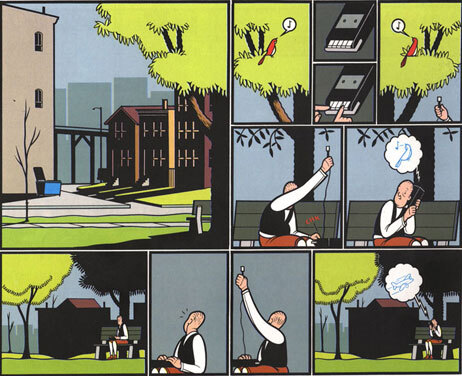 Perrin Ireland graphically records Creativity Moves Nashville; Credit: Matthew Freise, NossiAlphachimps love the lure of the open road- we’ll willingly pack our markers and paper, load up the old roller luggage, and travel around the world to graphically capture an event.
Perrin Ireland graphically records Creativity Moves Nashville; Credit: Matthew Freise, NossiAlphachimps love the lure of the open road- we’ll willingly pack our markers and paper, load up the old roller luggage, and travel around the world to graphically capture an event.
But the events we attend at home, here in Nashville, are a sweet relief. What could be better than going to an action-packed event full of inspiring speakers who all live within a stones throw of us, and then getting home in time for dinner?
Needless to say we were thrilled to be invited to scribe a recent local event, Creativity Moves Nashville. Organized by Jacob Weiss, this half-day conference, held on May 24th, was devoted to connecting artists with causes and entrepreneurs.
Weiss exemplifies a compelling method for artists to lead creative lives full of meaning and success. The solution is simple: make your art relevant, and purposeful, by connecting with a nonprofit or an entrepreneur with a cause, and create impact in your community.















